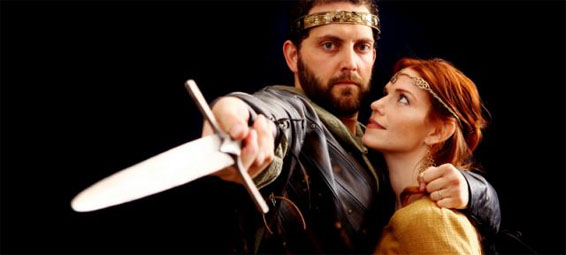Shakespeare
Latest
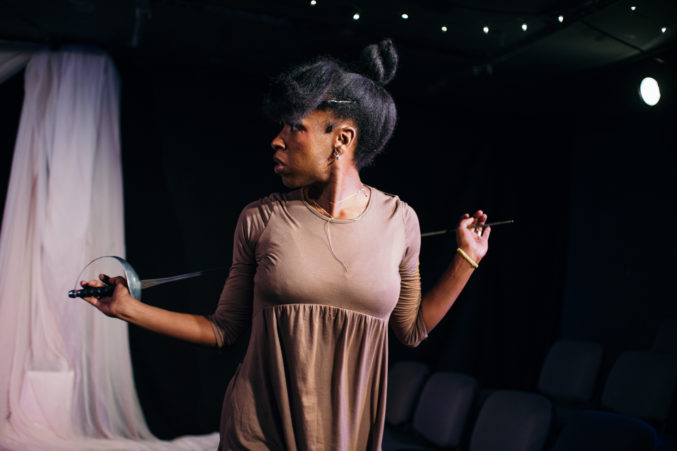
Arts & Entertainment
Something Will Come of Nothing: On Staging Shakespeare Without Words
Prism dares to render 'Lear' silent at Theatre Too.
By Alec Petsche
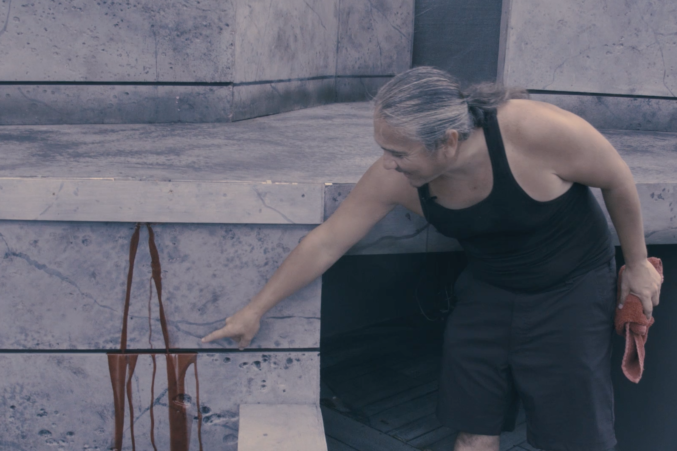
Arts & Entertainment
Titus Andronicus: No Muted Wrath, All Blood and Gore
For the first time in the group's 46 years, Shakespeare Dallas stages the gruesome tragedy. We go behind the scenes.
By Marissa Robinson
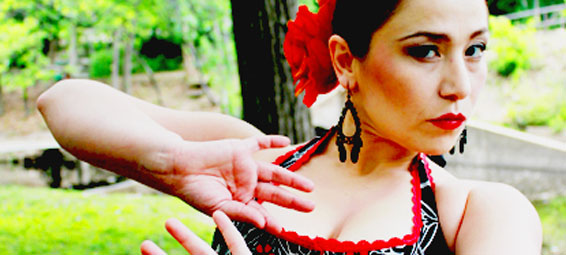
D
Theater Review: Spanish Flair Can’t Add Life to ‘Grey’As You Like It
After a successful season opener, Shakespeare Dallas transforms back to usual pedestrian, mediocre ways with its hit-or-miss second production, As You Like It.
By M. Lance Lusk
Advertisement
Latest
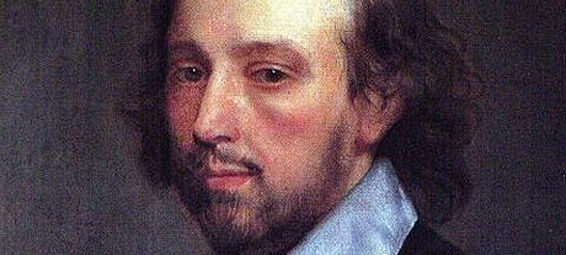
A
Shakespeare Dallas Proves The Two Gentlemen of Verona Worthy Of Further Revivals
Like its production of Cymbeline earlier this summer, Shakespeare Dallas has admirably tackled another rarely staged Shakespeare play with The Two Gentlemen of Verona, which plays through October 2 at the Samuell-Grand Amphitheatre before it moves to Addison Circle Park for two weeks of performances. As one of the Bard's earliest comedies, the play is often overlooked as being a minor inconsequential work. But this most recent production is thoroughly enjoyable, allowing the darker aspects of the story to emerge.
By Michael Maiella
A
Actors Randy Moore, Stephen Walters Carry Dallas Theater Center’s Enjoyable Henry IV
The Dallas Theater Center’s production of Henry IV offers some great acting, effective staging, compelling action sequences, and a generous dollop of laughter, but its real accomplishment is just how ably the two plays that make up Shakespeare’s two-part history about the rise of Henry V have been distilled into a single work. Henry IV was the most popular of Shakespeare's plays during his own lifetime, so much so that the bard wrote a sequel to the initial work. The first play culminates with Henry IV’s son Hal (the future Henry V) killing the revolutionary leader (and Hal’s peer) Hotspur in battle. The second part sees Hal rising to the throne after the death of his father, and both plays are, in part, concerned with the unorthodox education of the future king. At the play’s opening, he is a philanderer and a drunk, abandoning the royal court for the taverns of London, where he indulges in a smattering of pleasures along with other wayward sons of rich nobleman, poor louts, and loose women. This setting also provides Shakespeare with his most lovable character: Sir John Falstaff.
By Peter Simek


